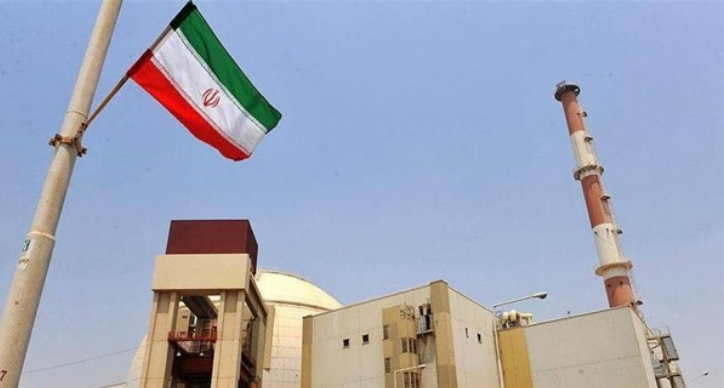Eslam Mohamed
Within the framework of the haggling and extortion practiced by the Iranian regime with the West, before representatives of the nuclear agreement countries return to Vienna to resume negotiations, Tehran is increasing the pace of enrichment of uranium, which is used to make nuclear bombs.
Alarm bells
The Iranian announcement that the amount of stored uranium had reached 25 kilograms, enriched at 60%, set off alarm bells in both Arab and Western capitals alike.
It is noteworthy that in April, the International Atomic Energy Agency (IAEA) indicated that the Iranian regime began enriching uranium to a purity of up to 60% inside a nuclear reactor in Natanz, confirming what was previously announced by Iranian officials.
It became clear that Iran possesses uranium enriched at 20%, with a volume of 210 kilograms, and more dangerously, it also possesses 25 kilograms of 60% enriched uranium, which no country can produce unless it is a nuclear bomb maker.
It is required to enrich uranium first before it can be used in nuclear bombs, which is what Tehran seeks, according to international accusations, despite repeatedly denying these accusations and threatening to the contrary sometimes in clear contradiction that makes these accusations highly credible.
The latest estimates in this regard date back to early October, when the head of the Atomic Energy Organization of Iran (AEOI), Mohammad Eslami, reported that his country had crossed the threshold of 120 kilograms of 20% enriched uranium.
In its latest report issued on September 7, the IAEA estimated that Tehran has 84.3 kilograms of 20% enriched uranium and 10 kilograms of 60% enriched uranium.
It should be noted that the manufacture of a nuclear bomb may need 28 kilograms enriched uranium at a rate of 90%.
Iranian agreement with super powers
In 2015, Tehran signed an agreement with the United States, Britain, France, Germany, China and Russia stipulating restricting the progress of its nuclear program and lifting many sanctions in exchange for ensuring the peacefulness of its program. Former US President Donald Trump had reimposed economic sanctions on Tehran, and in response to this, Tehran began to gradually retreat from its basic commitments under the agreement.








































admin in: How the Muslim Brotherhood betrayed Saudi Arabia?
Great article with insight ...
https://www.viagrapascherfr.com/achat-sildenafil-pfizer-tarif/ in: Cross-region cooperation between anti-terrorism agencies needed
Hello there, just became aware of your blog through Google, and found ...